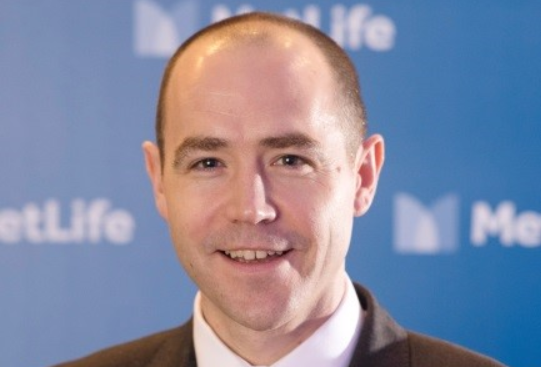Eight in 10 Brits say they are worried about having to take time off work due to illness or injury since the start of the pandemic, according to research from MetLife UK.
The research carried out by Censuswide among 2,000 adults in June explored consumer views of financial financial protection in a Covid-19 world.
It revealed 82% were worried about having to take time off work due to illness or injury since the pandemic started.
In addition, 70% of adults said they worried about the health of their partner and 67% were worried about their children’s health. Of which 48% and 46% said they worried at least once a month about their partner’s and children’s wellbeing respectively.
Being made redundant kept 58% of adults up at night, while 55% were worried about dipping into savings to make ends meet and a similar number were worried about living on less money.
One in four (25%) said they had no disposable income to fall back on should they need it. Of those worried about being made redundant, 22% worried about this every two to three weeks.
Almost a third (29%) claimed their financial situation had worsened during the pandemic, of which almost one in ten (8%) said it has done so significantly.
Rich Horner, head of individual protection at MetLife, (pictured) said: “Although most Covid-19 restrictions have lifted, the uncertainty for many hasn’t disappeared.
“It’s still a worrying time for people, whether they fear health concerns, losing their job and income or having to break into their savings.
“All these concerns can have a significant impact on people’s day-to-day lives, and more importantly, their mental health.”
Horner noted that while no one can predict what the future holds, where feasible, consumers should prepare for the unexpected.
“Putting away even the smallest amount for emergencies, which can be made a little easier via an app designed to round up purchases to the nearest pound, keeping a budget sheet to keep on track, or seeing what financial protection there is available for their situation, can go a long way to supporting them when they need it most.
“And financial protection doesn’t have to break the bank, yet it can offer peace of mind.
“Ultimately, it’s important that people plan today to help their future selves to feel and become, financially resilient.”
